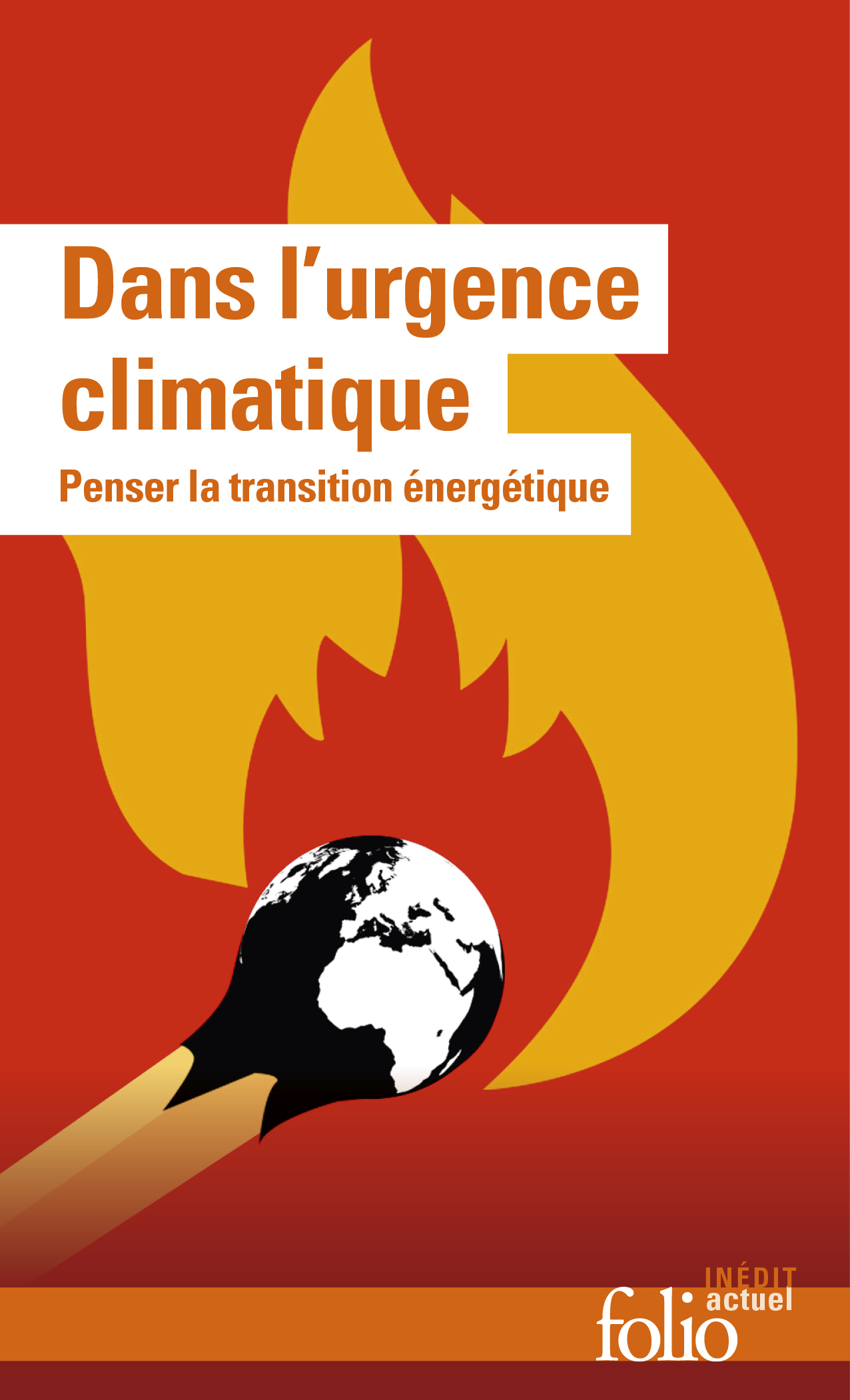Opinion
A transatlantic climate alliance
When Joe Biden visits Europe for the first time as US president, he should begin forging a transatlantic green deal.
This piece was originally published in Project Syndicate.
The stars may, at long last, be aligned for closer transatlantic cooperation on climate change. As US President Joe Biden heads to Europe, he should be preparing to make the most of this promising constellation.
Both the European Union and the United States have now committed to achieving climate neutrality by 2050. And they have established similar milestones along the way: by 2030, the EU intends to slash its greenhouse-gas (GHG) emissions by at least 55%, relative to the level in 1990, while the US intends to cut them by 50-52% from their 2005 level.
To fulfil these commitments, the EU and the US will have to overcome many of the same challenges. For starters, they must scale up the deployment of existing clean technologies (including solar panels, wind turbines, and electric vehicles) and foster innovation in emerging technologies (such as green hydrogen, solid-state batteries, and enabling digital innovations). Here, cooperation could go a long way toward accelerating progress.
Second, the EU and the US need to make better use of carbon pricing, where Europe is leading the way: it has already established the world’s largest carbon market, which it soon plans to upgrade and expand. The US currently has no country-wide carbon-pricing system, but the intellectual and political momentum for one is building.
Yet harnessing this momentum to make real progress in the US, and ensuring the fairness and political durability of any carbon-pricing system, will demand measures to address distributional effects. Returning the revenue to the public as carbon dividends could prove vital.
Third, both the EU and the US will have to address the socioeconomic disruptions arising from the green transition. This means facilitating industrial transformation in carbon-intensive regions and assisting workers who are forced to change jobs. Employment and economic opportunity are central to climate strategies in both the US – “when people talk about climate, I think jobs,” Biden recently declared – and Europe, with its green “industrial strategy.”
The EU and the US are also aligned in terms of the international climate imperatives they face. Neither side’s efforts will count for much if they do not also support the green transition in developing countries. To this end, mobilising climate finance and facilitating transfers of clean technology are essential.
Supporting developing countries’ green transition could go a long way toward deterring “carbon leakage”: when companies relocate production to countries with lower carbon taxes or less stringent environmental regulations. But more direct solutions – such as a carbon border adjustment mechanism, whereby companies pay a higher price to import goods whose production involved higher GHG emissions – will also be needed.
The EU is already working on such a mechanism as part of the European Green Deal. This is clearly a good thing. But a joint EU-US mechanism would be better – especially if it was part of a broader transatlantic green deal.
In fact, the EU and the US should go even further and create a “climate club,” as Nobel laureate economist William Nordhaus proposed in 2015. As one of us (Simone) and Guntram B. Wolff recently argued, economies would have to take four steps to join: strengthen and align domestic targets; agree to a system for quantifying and comparing domestic climate policies; establish a standard for measuring the carbon content of complex goods; and ensure transparent taxation and regulation.
Any country that wanted to join the climate club should be welcomed. This would help to advance another shared EU-US interest: establishing rules of the game in emerging sectors and markets, such as green hydrogen and sustainable finance.
Markets need widely accepted rules to grow and develop, and those who help to devise those rules reap a significant strategic advantage. Nobody is better positioned to claim that advantage than the US and Europe, which together represent 40% of global GDP and 30% of goods imports.
Other countries cannot ignore what happens in the US or Europe. If they take joint action – whether to adopt a joint sustainable-finance taxonomy or introduce a climate border adjustment mechanism – others would surely follow suit. Beyond accelerating climate action worldwide, this would strengthen the global leadership position of the EU and the US – and reinforce the open, rules-based multilateral system they support.
Add to all this the values and principles that the EU and the US share – including respect for human rights and the rule of law – and it seems clear that greater climate cooperation is in both sides’ interests. Biden’s trip to Europe is the ideal opportunity to get started.
Republishing and referencing
Bruegel considers itself a public good and takes no institutional standpoint.
Due to copyright agreements we ask that you kindly email request to republish opinions that have appeared in print to [email protected].










